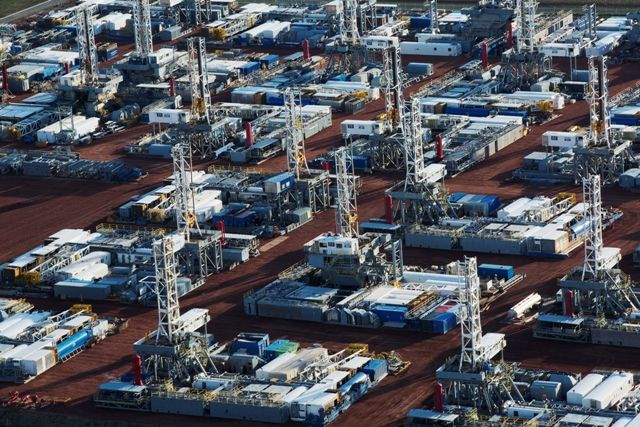Canada Needs To Expand Markets For Crude Oil; Says Its Natural Resources Minister

Even as Iran’s nuclear deal finalised, Canada would also be expected to expand its existing market opportunities for crude oil in the country, considering the deal would open up new avenues to supply oil for international trade purposes. The suggestion came around on Monday morning from Natural Resources Minister Greg Rickford while speaking at the Energy and Mines Ministers conference in Halifax.
Mr. Rickford stressed on the importance of market by terming it as an “imperative” rather than a “priority.” Given the economic and political stability of the country, its strategic location would be an added advantage while increasing the oil exports. He highlighted Canada’s position amongst the top exporters of petroleum products and felt that the country should make use of its position to derive long-term benefits.
Meanwhile, he insisted that the country shouldn’t just rely on its past stature and would need to put in a lot of extra effort to expand its market to ensure a far better supply. Transcending the current market position would be difficult and time consuming but worth it, Mr. Rickford said.
He later confirmed that Ottawa has been already been working to expand its market and spoke on the eight new markets that have recently cropped up supplying Canadian crude oil, including France, Hong Kong and Spain. According to CBC, Canada has witnessed an 81 percent increase in its crude oil exports between 2005 and 2014.
Focusing on Italy, Mr. Rickford said that more than three percent of its oil imports come from Canada, which has resulted in the six-fold growth of the country. He also spoke on the details of the new pipeline safety measures adopted by the Canadian government that assure to include absolute liability for all National Energy Board-regulated pipelines. The pipeline safety is considered to be of top priority at the moment as it has been trying to gain approval of the U.S. administration for TransCanada’s Keystone XL pipeline, reported CBC news.
Contact the writer on priya.shayani@gmail.com.





















